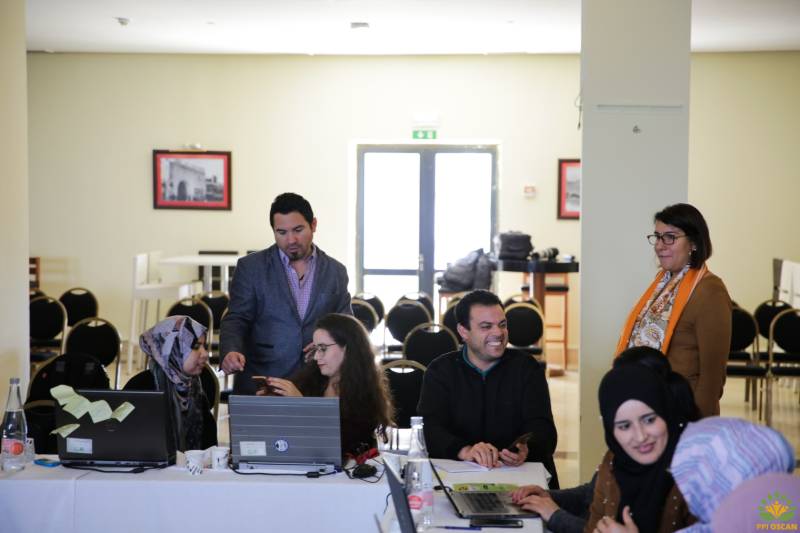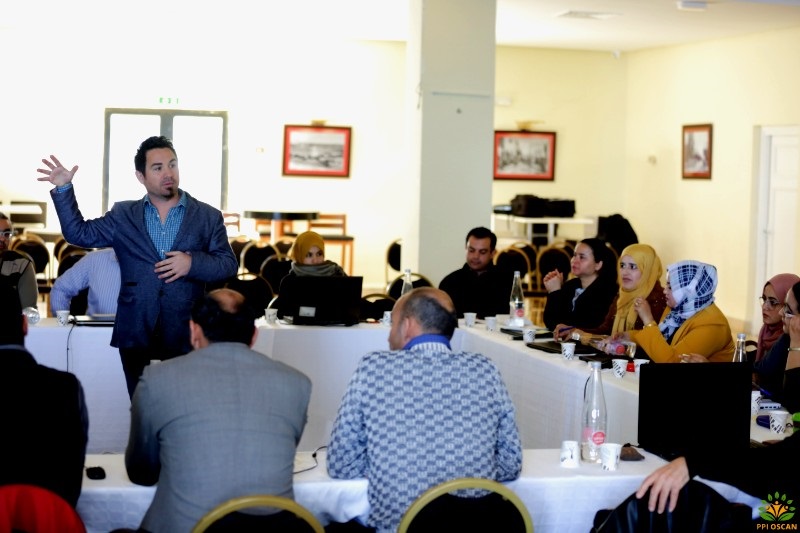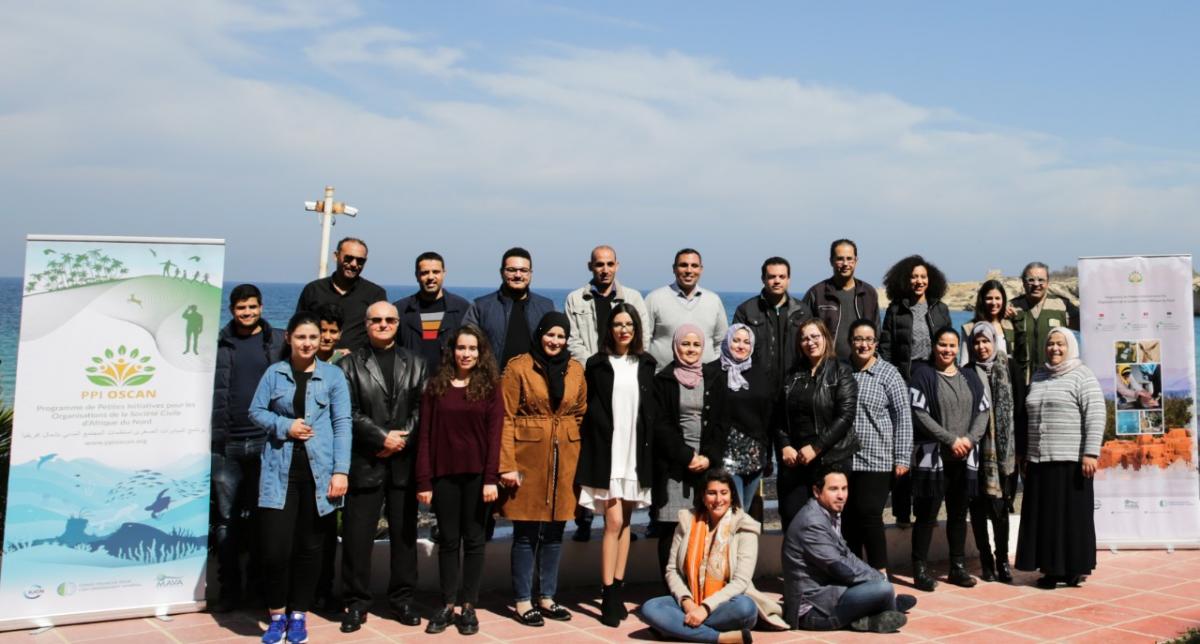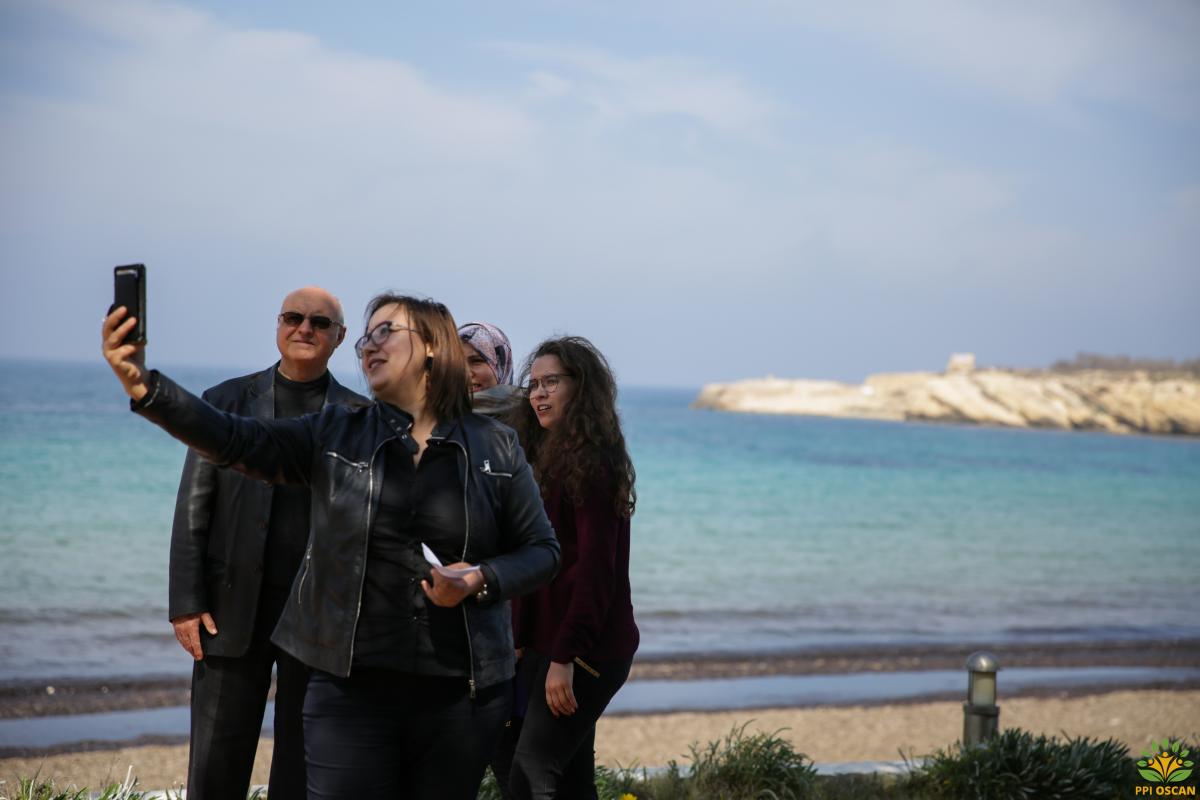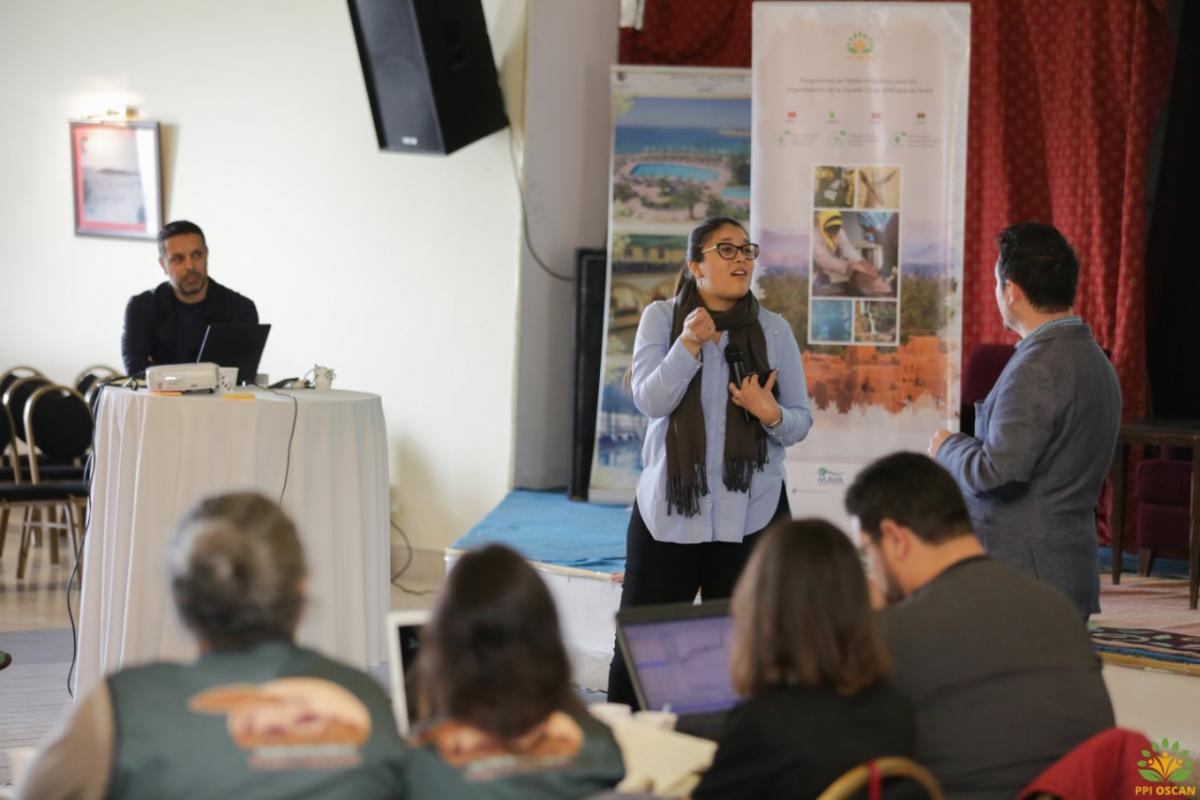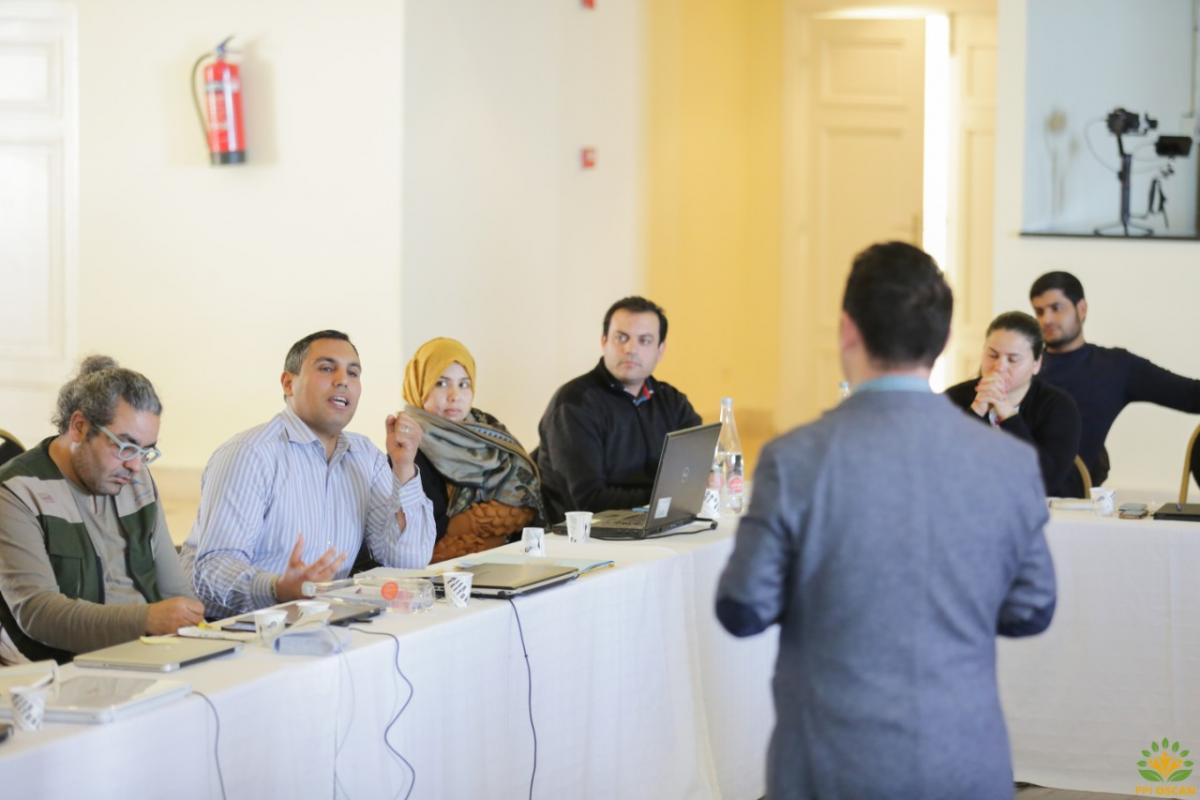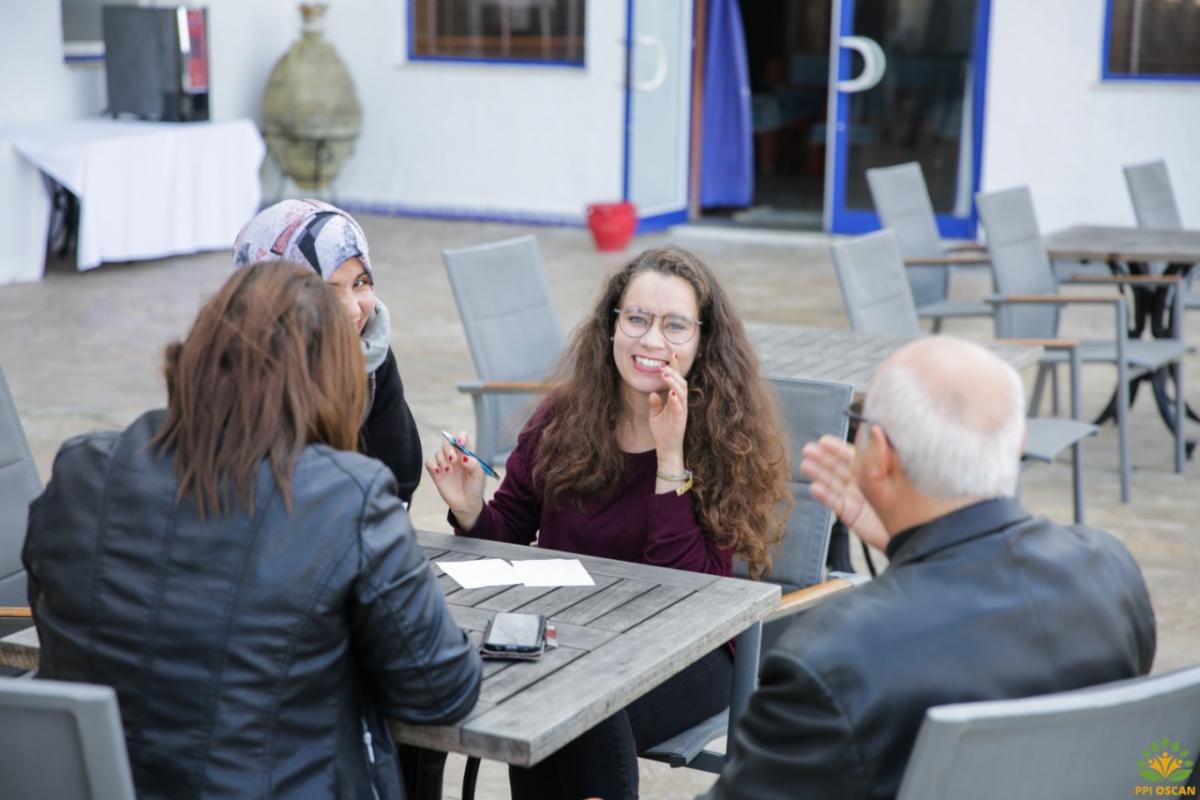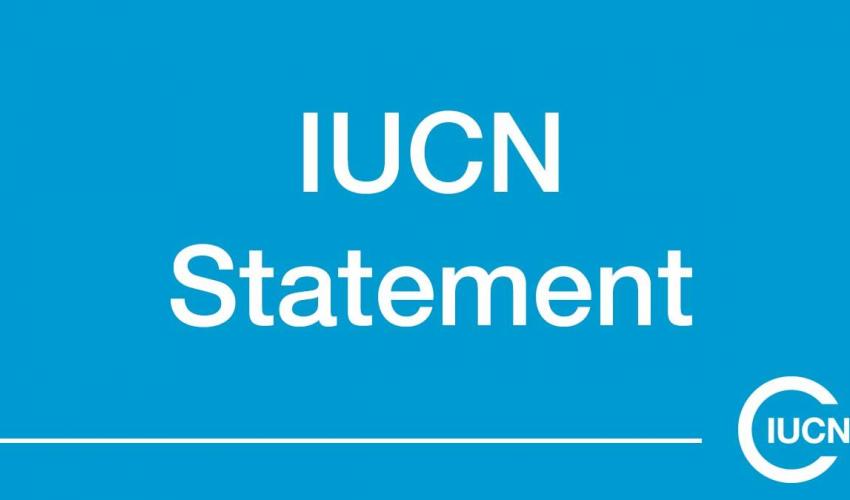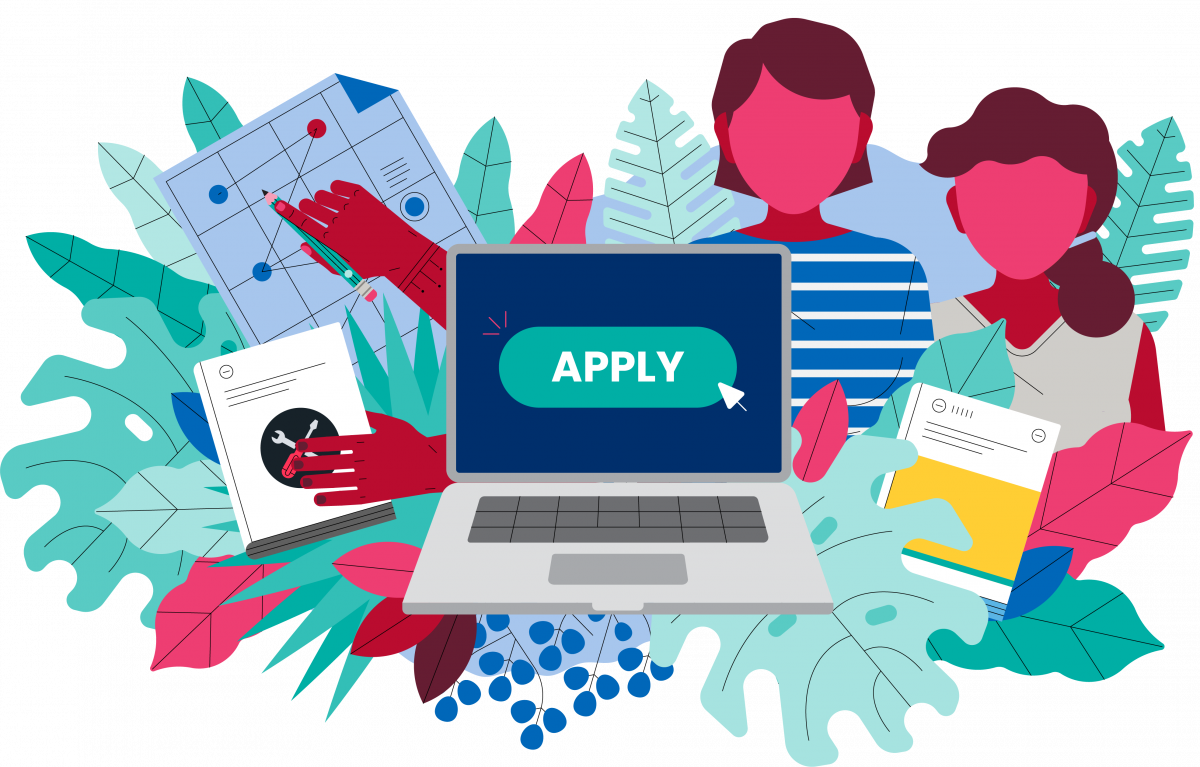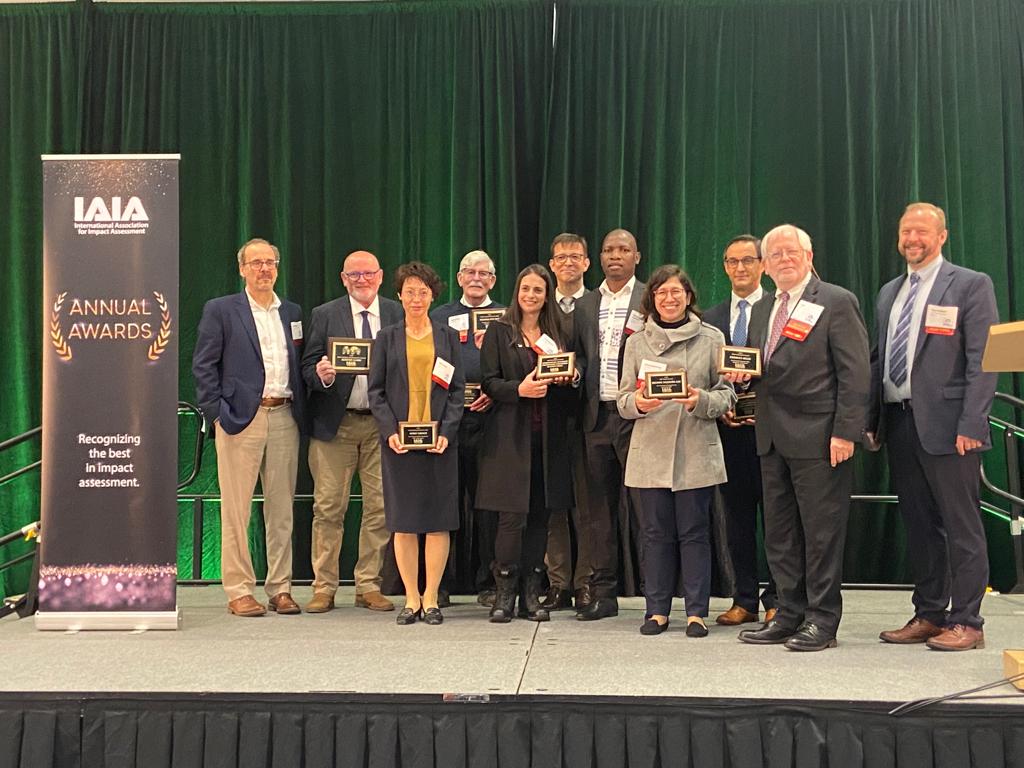Driving digital transformation in the Communications of North African civil society organizations
Through storytelling techniques, web development and social media planning, the PPI- OSCAN grantee organizations are learning to develop their Communications and improve their digital skills. Making their actions visible and explaining the conservation benefits of their work are key elements for the sustainability of these organizations. During the first months of the year, IUCN-Med offered two workshops in Morocco and in Tunisia, which led to an active exchange of experiences between 21 participating organizations.
Storytelling applied to conservation organizations
From a community based in a Tunisian oasis, to a cooperative of women who help to restore a National Park in Morocco, each civil society organization experiences a different reality, which serves as the basis for a unique narrative. Telling the story of their native species, cultural practices and how these are affected by climate change can be a challenging exercise, even for those who work on the ground. Nevertheless, each of the PPI-OSCAN organizations is working to preserve a highly valuable ecological or cultural heritage, including threatened species, distinctive landscapes or ancestral practices that benefit biodiversity conservation.
Supported by a variety of practical exercises and pitching techniques, these training sessions are allowing participants to structure their key messages and communicate them effectively to different types of audiences - from potential donours, to the local press or regional authorities. Once structured, these messages can be scaled up and aligned with the agenda of international environmental organizations, opening the door to new funding opportunities.
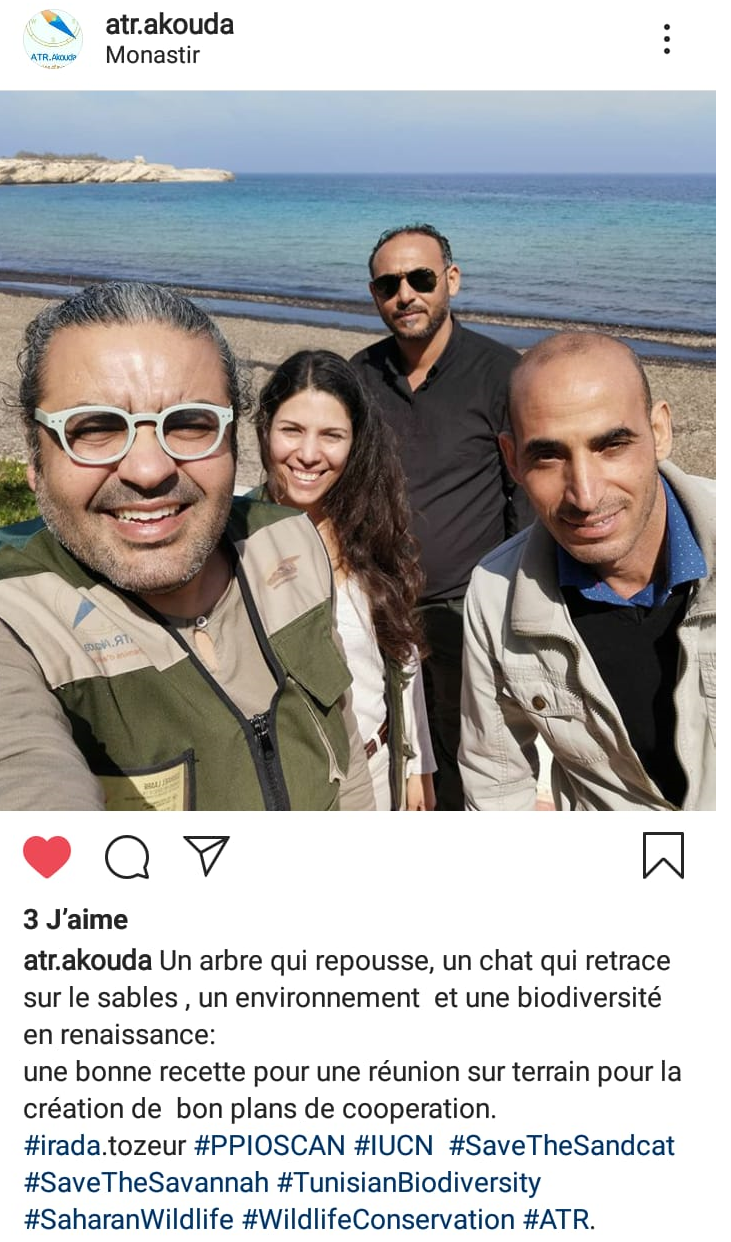 Photo: Association des Randonneurs AKOUDA
Photo: Association des Randonneurs AKOUDA
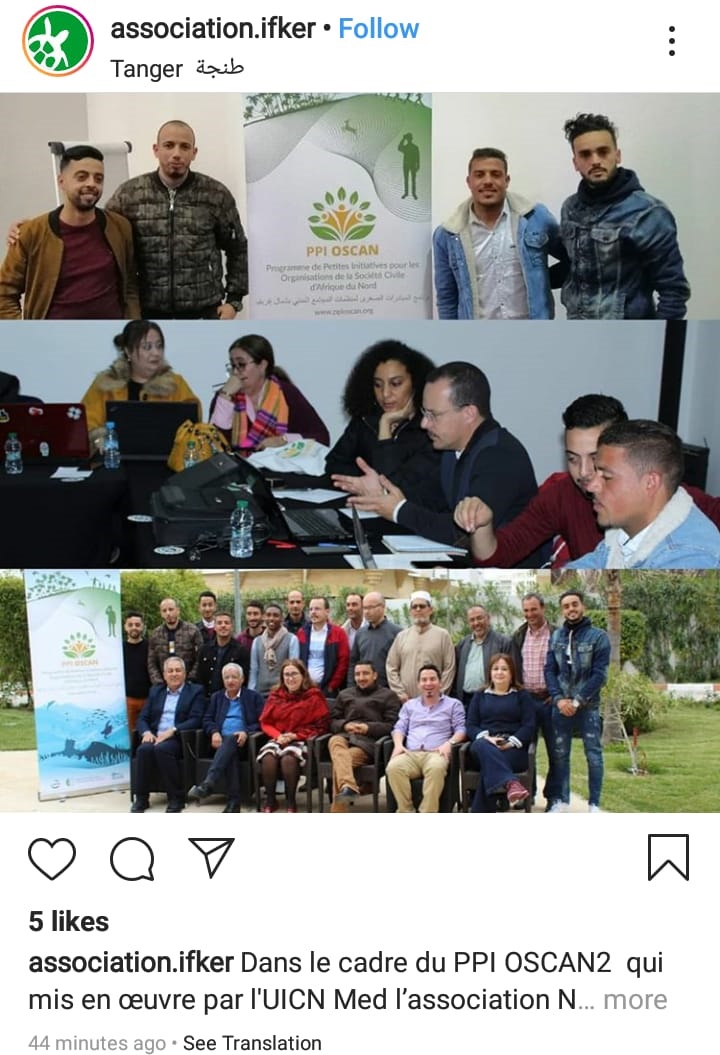 Photo: Association IFKER
Photo: Association IFKER
Tackling common challenges faced by North African organizations
In terms of transparency, websites are useful instruments to present organizations as reliable partners. However, due to some restrictions in payments for services located abroad, the development and hosting of websites poses a clear challenge for many of these civil society organizations. During both Communications training workshops, associations learned to design a basic website and exchanged a variety of technical solutions to overcome the gaps in their national context. Practical guidelines for building a solid community on Social Media, image licensing and successful posting completed the content of this highly participative training.
A shared tradition of cultural practices that benefit biodiversity
These workshops have also helped to identify an extensive variety of traditional practices that are still considered to be beneficial for nature conservation. Agricultural systems like the 3-level planting system, semi-nomadic tribes or artisanal fisheries with lower impact represent an oral tradition that is worth monitoring and preserving.
For further details, please contact: Maher Mahjoub
